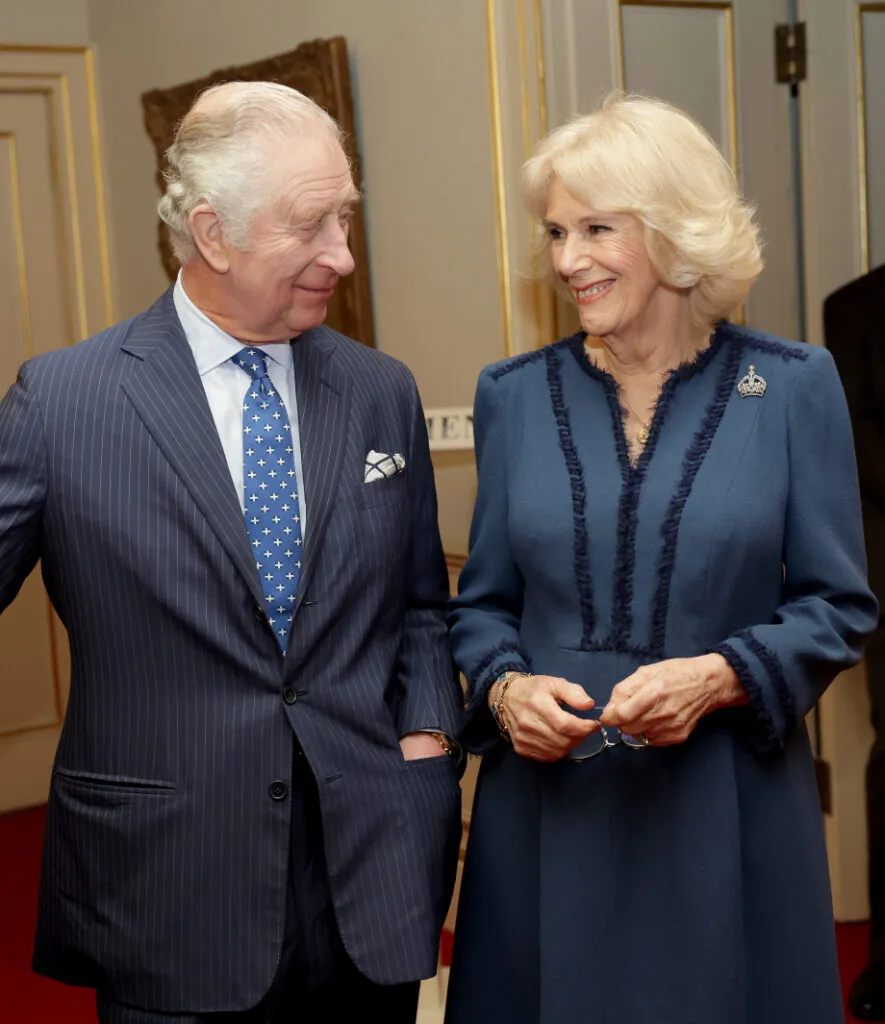We were ecstatic find out that King Charles III has accepted the Patronage of the Marine Biological Association (MBA).

To mark the first anniversary of Their Majesties’ Coronation and following the thorough analysis of over one thousand organisations, the MBA was chosen as one of the recipients of this prestigious appointment.
The main role of a royal patron is to champion and support the chosen charity is a variety of different ways. This can be through financial means or it can even be as simple as promoting the charity on social media.
Since 1884 the MBA has been honoured with five Royal Patrons, including the late HRH The Duke of Edinburgh Prince Philip from 1953 to 2021, who was awarded an Honorary Fellowship by the MBA in 2014.
In 2013, the MBA was granted a Royal Charter at the Court at Buckingham Palace in recognition of its long and eminent history, and its status within the field of marine biology.
His Majesty has strong ties with the South West and in 1971 completed Royal Navy training at the Britannia Royal Naval College in Dartmouth.
This year the MBA is celebrating its incredible 140-year anniversary. Since its establishment in 1884, the MBA has been at the forefront of marine science research, education, and conservation.
This prestigious appointment highlights His Majesty’s deep appreciation of conservation efforts and the importance of advancing scientific knowledge and protecting marine ecosystems.
MBA Chief Executive Professor Willie Wilson said:
“It is truly an honour to continue the MBA royal patronage with King Charles III, our 5th Royal Patron since HRH The Prince of Wales, Edward VII in 1884, a perfect 140th birthday present from Buckingham Palace. His Majesty’s commitment to marine conservation, sustainability and research will undoubtedly propel our understanding of the ocean to new depths. Long may his support continue to inspire generations of scientists and stewards of our blue planet.”
We will be partnering with the MBA and The Sharks Trust to deliver our Rays Project during this year. We will seek out and document the life cycle of thornback rays from eggcases into adolescence in the wild. They will be filmed 24/7 to show people the wonder this group of species.


